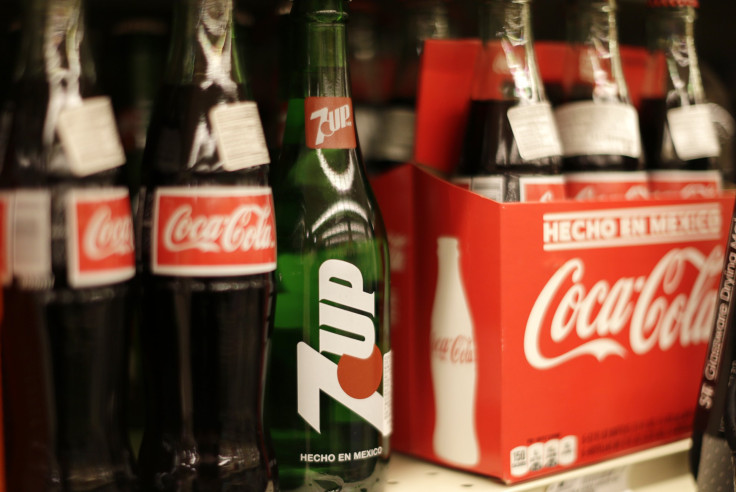Fructose Increases Cravings For High-Calorie Foods

Fructose sugar can make you crave for junk food, says new research. Although fructose and glucose are both sugars and are found in almost equal quantities with similar amount of calories in our, one sugar makes you incline more towards fatty food.
According to the study carried out by the researchers on 24 participants, in comparison to glucose, consumption of fructose found ubiquitously in packaged foods like soft drinks and juices enhances the brain’s sensitivity to images of fatty foods. It increases cravings along with will to indulge in highly gratifying fatty food by giving up long-term monetary rewards instead.
The desire for food was rated on the scale from one to 10 by the study volunteers. They were then provided with 10-ounce glass of cherry-flavoured liquid to drink that was sweetened with either glucose or fructose. Later, the study was successful in concluding that the sugars, fructose and glucose, affect the body differently after measuring the brain activity of the participants with fMRI imaging.
Effect of fructose on the brain
While carrying out the study, the researchers observed that on consumption of fructose, the volunteers viewed images of food making their visual cortex along with a region in brain responsible for reward processing more active. Furthermore, this effect of sugar on brain activity was seen to be absent after consuming glucose.
The researchers also believe that this elevated activity levels in these two parts of the brain prove that fructose drinkers were more likely to opt for a high-calorie food reward over a later monetary reward than glucose drinkers. Also, by checking the blood samples, the researchers found that insulin levels were strikingly lower in fructose drinkers than glucose drinkers.
The explanation for this lies in the way fructose is metabolised in the body. When fructose is processed in the body, it increases the levels of lipids in the blood, thereby making the body less sensitive to insulin. Pancreas secrete insulin when we eat food, not only refuel our cells but to also tell our brains that our tummy is “full.” And if the levels of insulin are low, this message never reaches the brain.
The study authors publishedtheir findings in the journal PNAS
To contact the writer, email:ruchira.dhoke@gmail.com





















